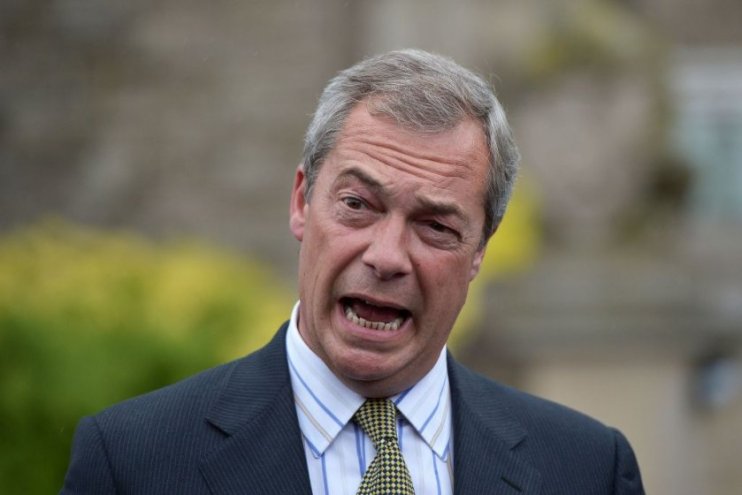The debanking debacle deserves proper parliamentary scrutiny

There were some, when Nigel Farage was debanked by Coutts, who found the whole thing rather amusing. Those people, typically, were no fans of the Brexiteer-in-chief; how they chortled when the BBC broke the news that Farage was taken off the books as a result of his finances.
Of course we know now that was not the case; the bank’s internal Thought Police had in fact decided that Farage’s account did not sit neatly next to the bank’s commitment to inclusivity, progressive values and affinity for cuddly toys, rainbows and unicorns.
Lost in the kerfuffle and the resulting culture war was some of the complexity: after all, a true free-marketeer might argue that Coutts’s decision (had it been more transparent) was a perfect example of a brand trying to distinguish itself from the competition with a particular kind of USP. But at the heart of the issue was two things: how widespread was the practice, and the law.
The answer to the former is not very. The usual suspects have denounced what they call a rushed whitewash, neatly avoiding the fact that the FCA was already looking at the issue prior to the Farage farrago and has been forced to come up with its conclusions in a rather more speedy fashion thanks to the sound and fury of those same politicians.
The latter however deserves more scrutiny. Throwing rocks at the FCA is a very convenient way for the outrage machine to keep on turning, but it shouldn’t be left to regulators to decide in the white heat of a political row what is and isn’t appropriate banking access; it should be debated in parliament.
On all manner of issues, from big tech legislation to media law, parliamentarians continually dish out issues of real substance to regulators, arms-length bodies or the courts, preferring TV appearances and confected outrage to Westminster debate and policy-making. That’s a dereliction of duty, not democracy.
